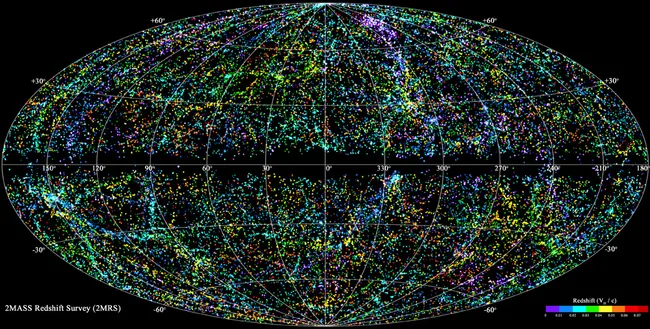The term “exoplanet” has gained significant importance in the field of astronomy and astrophysics. Here’s an overview of its definition, etymology, and origin:
- Definition: An exoplanet, also known as an extrasolar planet, is a planet that orbits a star outside our solar system. These planets are found around stars other than the Sun and vary widely in size, composition, and distance from their parent stars. The study of exoplanets has become a key area in astronomical research, particularly in the search for Earth-like planets and the possibility of extraterrestrial life.
- Etymology and Origin:
- The term “exoplanet” is a combination of “exo-” and “planet.” The prefix “exo-” comes from the Greek “ἔξω” (exo), meaning “outside” or “external.”
- The word “planet” comes from the Greek “πλανήτης” (planētēs), meaning “wanderer,” reflecting ancient observations of certain celestial bodies that moved differently from the fixed stars in the night sky.
- The term “exoplanet” started to be widely used after the first confirmed detection of planets outside our solar system in the early 1990s. Before that, the existence of such planets was merely a subject of hypothesis and science fiction.
The discovery and study of exoplanets represent a significant leap in our understanding of the universe, extending our knowledge of planets to those beyond the solar system. The term itself, with its Greek roots, encapsulates the concept of planets that exist in the vast expanse outside our own solar system.



